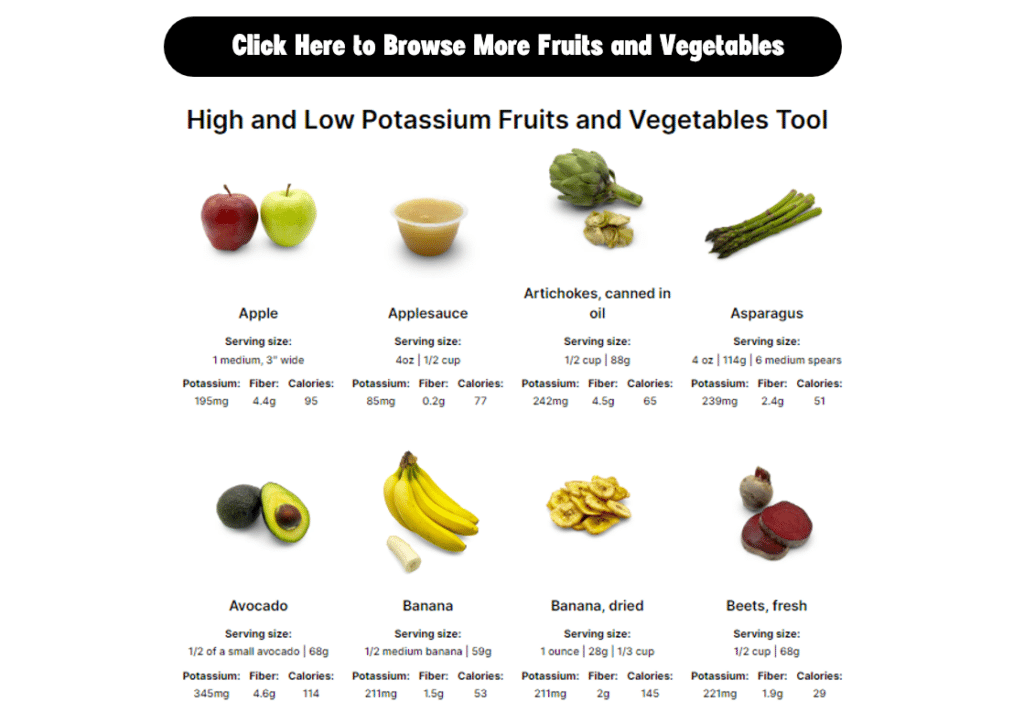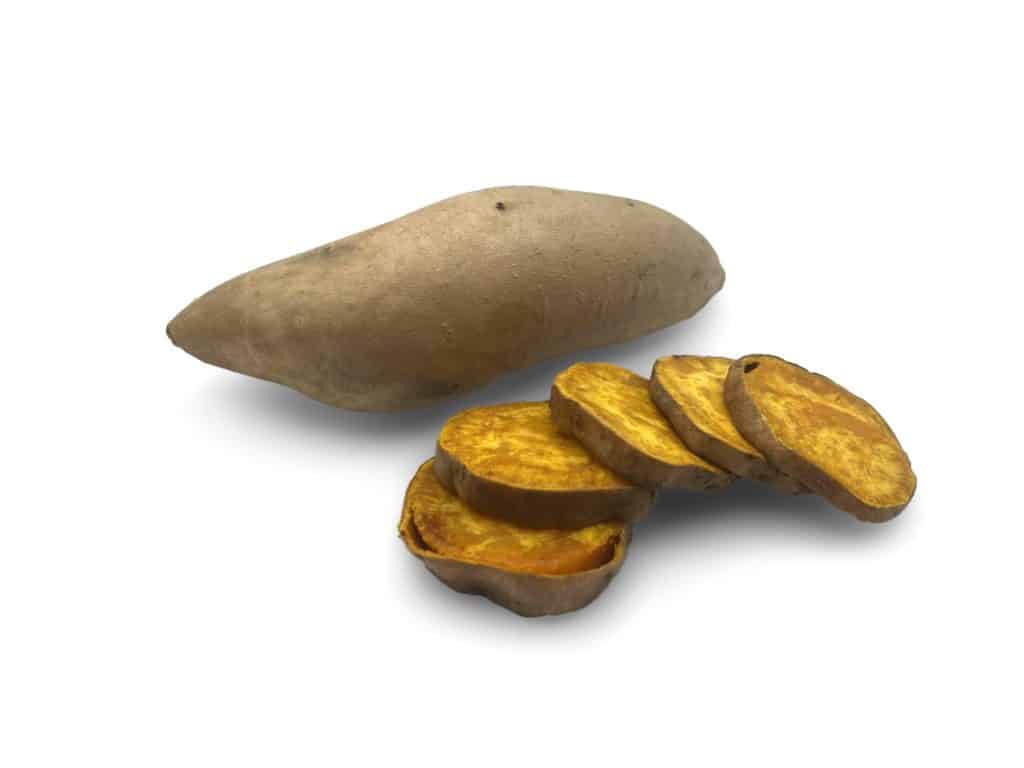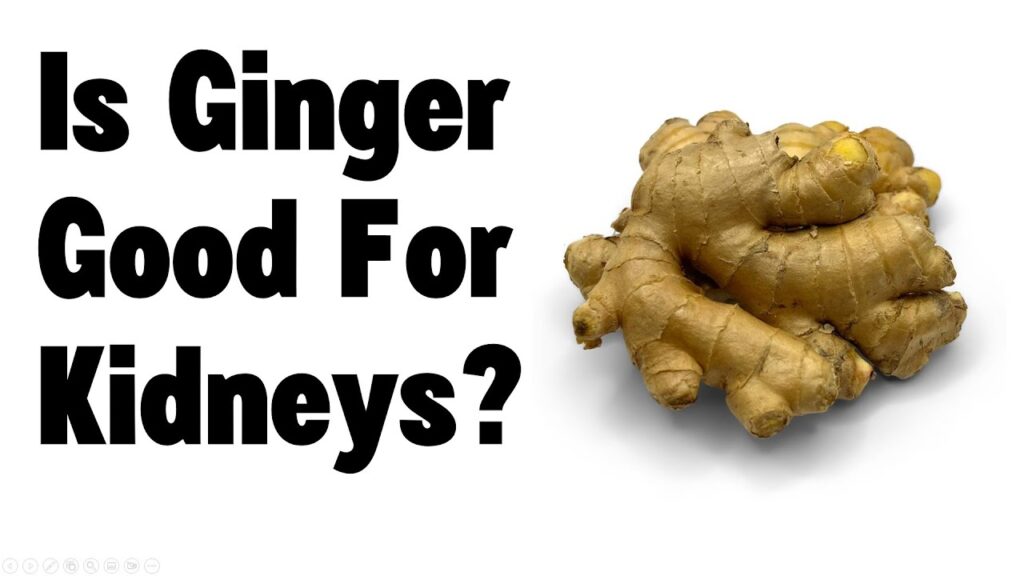Table of Contents
Are Carrots good for kidneys?
Yes, carrots are rich in antioxidants, fiber, and vitamins that are beneficial to people with kidney disease. If you also have diabetes, carrots are considered a non-starchy vegetable.https://kidneyfoodie.com/potassium-product/are-carrots-good-for-kidneys/
This post may contain affiliate links through which we may earn a small commission to help keep this website free.
Are carrots high in potassium?
One half cup of carrots contain 176mg of potassium, which makes carrots a low potassium vegetable.
One half cup of cooked carrots contains approximately 259mg of potassium. Vegetables typically shrink during the cooking process as they lose some of their water weight. When this happens, you can fit more of the fruit or vegetable into a half cup measurement. Because there is more of the vegetable in each serving, most cooked vegetables will be higher in potassium than the uncooked version.
Most kidney professionals consider a fruit or vegetable to be high potassium if it contains more than 200mg of potassium per serving.
If you have kidney disease, you should not restrict your intake of fruits and vegetables because of potassium content unless instructed by your kidney dietitian or healthcare provider. Many people who have kidney disease do not need to restrict their intake of potassium. There are many other factors that could cause you to have high potassium levels that are not related to the food you eat. You can learn more about potassium and kidney disease through our courses.
Are carrots high in phosphorus?
No. One half cup of carrots contains about 19mg of phosphorus. The phosphorus found in carrots is natural and poorly absorbed by the body, so it is considered a low phosphorus food.
For more information about phosphorus and kidney disease, check out our youtube video.
What are the benefits of carrots?
- Carrots are high in vitamins, fiber, and antioxidants. Antioxidants consumed through fruits and vegetables are considered to have protective effects against many chronic diseases.
- Carrots are particularly known for promoting good eye health. Beta-carotene, which is found in high amount in carrots and gives them their orange color, is converted into vitamin A in the body, which is crucial for maintaining healthy vision. Adequate vitamin A intake helps prevent night blindness and age-related macular degeneration.
- Carrots are rich in dietary fiber, which aids digestion and promotes regular bowel movements. The fiber content helps prevent constipation and supports a healthy digestive system. Avoiding constipation is an important way of helping maintain good potassium levels.
- Research shows that a low intake of fruits and vegetables is associated with an increased risk of developing kidney failure in people with kidney disease (as well as those who don’t have kidney disease), so be sure to eat adequate fruits and vegetables each day.
Healthy ways to eat carrots
- Carrots can be eaten raw with your favorite kidney friendly dip
- Carrots can be grated or thinly sliced and added to salads for extra flavor and nutrition like our Kale Salad with Asian Peanut Dressing
- Carrots can be grated and added to baked goods such as muffins, cakes and breads for added moisture and nutrition
- Toss them in olive oil and roast them for a delicious, healthy side dish.
Are carrots high in oxalates?
Carrots contain a moderate amount of oxalate. They contain approximately 16mg of soluble oxalate per 100g portion. (Source). If you are prone to kidney stones, you should be mindful of your portion sizes of carrots.
Oxalates are naturally occurring compounds found in many foods. When consumed, oxalates can bind with calcium in the body to form crystals, which can contribute to the formation of kidney stones in some individuals.
Kidney stones are hard deposits that form in the kidneys when there are high levels of certain substances, such as calcium, oxalate, and uric acid, in the urine. The most common type of kidney stone is calcium oxalate stones, which are formed when calcium and oxalate combine in the urine.
While oxalates are present in many foods, not everyone who consumes oxalates will develop kidney stones. Factors such as individual susceptibility, overall diet, and lifestyle choices play a role in kidney stone formation.
The highest oxalate fruits and vegetables are spinach, rhubarb, and swiss chard. However, it’s important to note that the mere presence of oxalates in food does not guarantee kidney stone formation. If you are not prone to developing kidney stones, then there is no reason to avoid foods that are high in oxalate.
High and Low Potassium Fruit and Vegetable Tool
Looking for more information on other kidney friendly fruits and vegetables? Check out our Fruit and Vegetable Potassium Tool.



